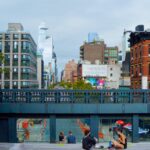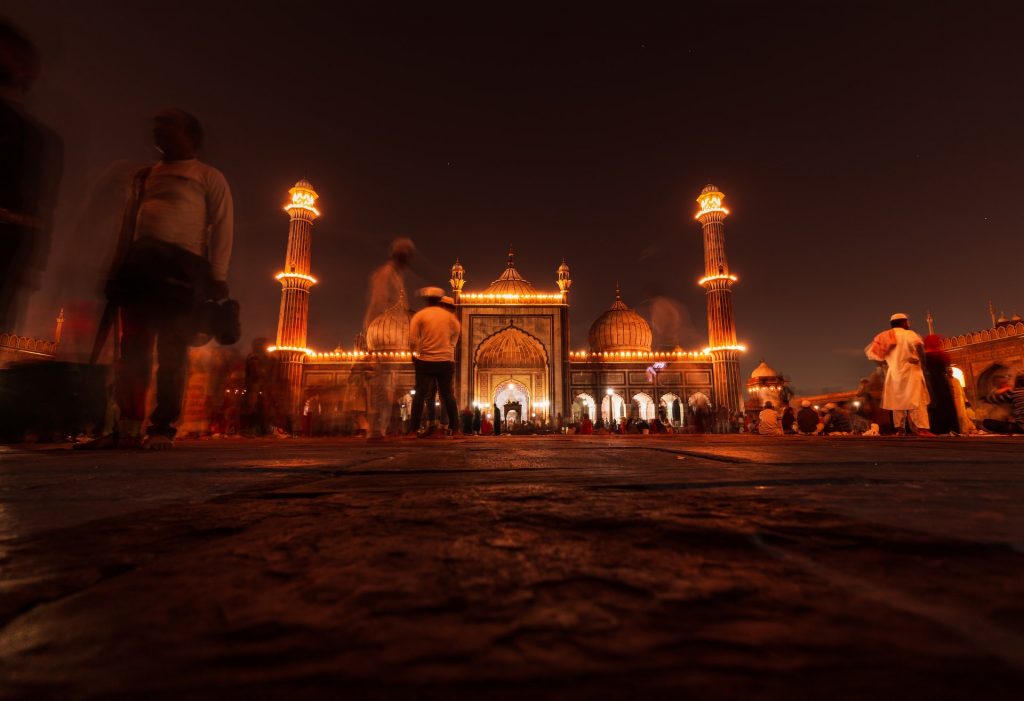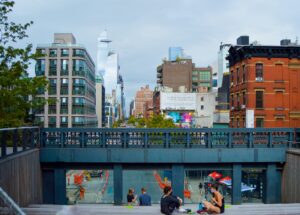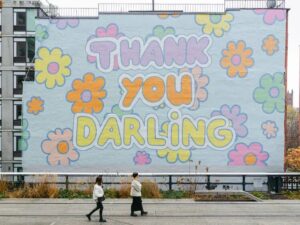* Designated areas for Muslim prayers reduced after protests
* Stalls selling non-vegetarian food removed in some cities
* Access to public space increasingly limited for minorities
Friday afternoons are a time for communal prayer for Muslims in the northern Indian city of Gurugram, who over the years had negotiated with local authorities to pray in parks and empty plots of land as they outgrew their mosques.
But recent protests by Hindu groups, sometimes preventing prayers as banner-carrying members shouted slogans, have disrupted the arrangement – prompting city officials to withdraw permission for some of the sites used by Muslim worshippers.
The protests, and orders to remove street vendors selling meat-based snacks in several cities in Gujarat state, reflect a broader fight for shared spaces as religious minorities are increasingly denied equal access, urban experts said.
India’s religious divisions have deepened under the Hindu nationalist government of Prime Minister Narendra Modi, with civil society groups accusing authorities in several states of favouring Hindu groups over minority communities.
“Space is limited, so there is always a question of how it can be made available for different activities, and different groups,” said Prerna Mehta, an associate director of urban development at World Resources Institute India, a think-tank. “But there is a certain hierarchy in how public spaces are distributed and accessed in the city: Often, poorer sections and minority communities have fewer spaces and more limited access,” she told the Thomson Reuters Foundation.
Read the full article on Reuters
Author: Rina Chandran
Recommended by Stephanie Cheung











More Stories
Abandoned no more: Mumbai’s new park on previously disused land
Studio Saar crowns Udaan Park with canopy of colourful birds
In Tokyo, a public toilet that is also a cinema and a kiosk